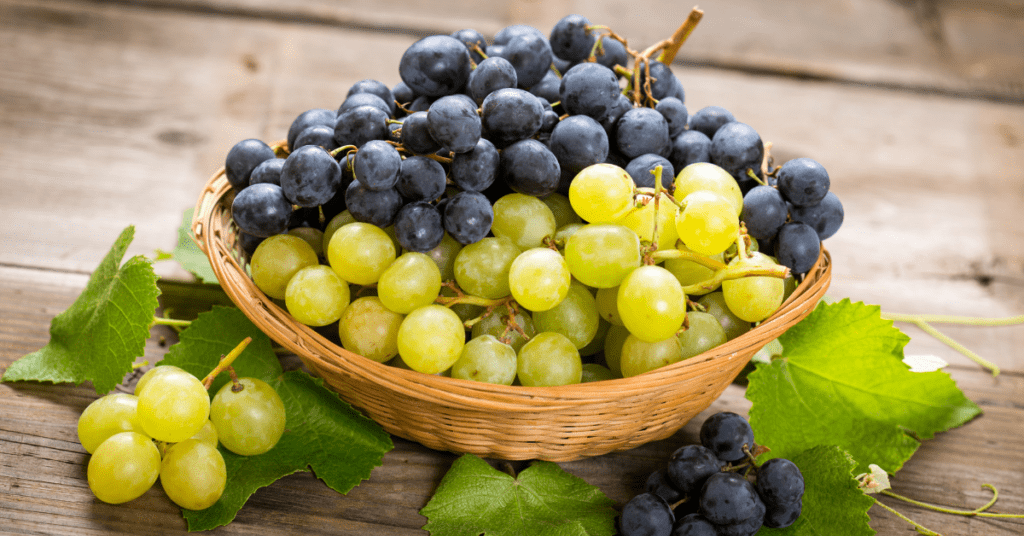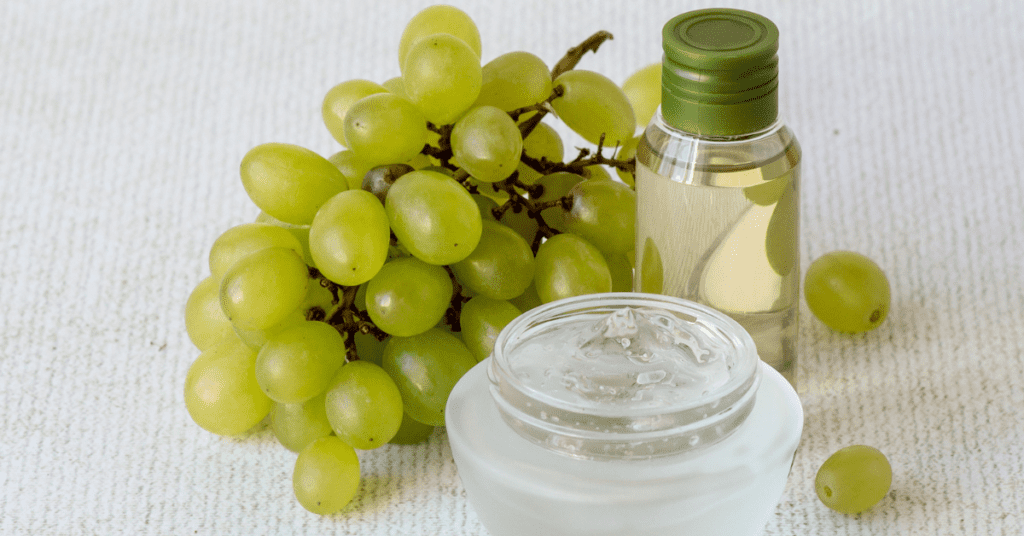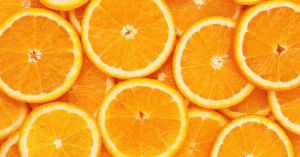Welcome to the fruit that is a symbol of celebration and abundance: the most romantic season of the year begins and it is finally time for grapes and the harvest.
The grape has been since ancient times a a great gift of nature, of which nothing is wasted from the pips to the skin!
The small round or oval fruit comes from the Vitis Vinifera plant, polyphenols are obtained from the fruit, which help circulation, trace elements, vitamin C and short-chain sugars are extracted from the semi-transparent grape flesh that retain water, the seeds are incorporated into face and body scrubs.
Some types contain edible seeds, while others are completely seedless.
The grapes we eat are called table grapes, but there are also wine grapes (used in viticulture) and raisins (dried grapes).
Grapes contain large quantities of:
- sugars, such as glucos and fructose
- pectin
- tartaric acid
- vitamins A, C, PP, B1 and B2
- tannins and polyphenols
- many mineral salts such as sodium, calcium, potassium, magnesium and manganese, iodine, phosphorous, iron and chromium.
Grapes have a thousand benefits:
- depurative
- energetic
- rich in vitamins and mineral salts
- can help increase “good” and lower “bad” cholesterol for heart health
- help hydrate the skin and help keep healthy hair.
According to experts, the best time to eat grapes is in the morning and you must avoid eating too many at dinner.
And of course, it’s a particularly sugary fruit. From a nutritional point of view, black grapes are better than green grapes, because they contain much higher quantities of phyto-compounds (six times more), which modulate biological activities and are precious for the body.
Red and black grapes contain anthocyanins, which give fruit its red and blue colours, which are lacking in green grapes.
The oil obtained from pressing the grape seeds is rich in polyunsaturated fatty acids, which can help reduce blood cholesterol.
Grape sugars are simple and easily assimilated and this makes they are a very light food.
Thanks to the presence of pectin and tartaric acid, grapes have a protective action for the digestive tract.
The mineral salts they contain have an anti-aging and anti-free radical effect while the potassium has diuretic and purifying effects.

Grapes – your ally for health and beauty:
- recommended for sufferers of anaemia, fatigue, arthritis, varicose veins, gout, uricemia, skin diseases and azotaemia;
- an excellent antioxidant, thanks to polyphenols and resveratrol, two elements present in black grape skins;
- antiviral properties and can help counter herpes simplex. In the latter case, applying grape juice or must on the affected part speeds up healing;
- valid help in case of constipation;
- when peeled and deseeded, can help those suffering from digestive disorders.
You can make a homemade beauty treatment with a puree of grapes: a cream to be applied on the skin of your face and neck for an astringent and revitalizing effect.
If you suffer from anaemia, emaciation, bronchitis and laryngitis drink a decoction prepared with 2 teaspoons of raisins and boiling water.
Varieties of grape
- Green grapes: considered the most diuretic, compared to other types of grapes, they contain less tannins (polyphenolic compounds found in the skin, seeds and stalks)
- Black/red grapes: the richest in antioxidants, they contain resveratrol (found in the peel, which has an antifungal function) and abundant anthocyanins (found mainly in the peel and which give the red colour to grapes and wine), which are very important in the fight against free radicals and cellular aging. They protect the heart, circulation and veins
- Isabella grapes: rich in carotenoids (vegetable pigments responsible for capturing light not absorbed by chlorophyll) and folic acid, which protects the eyes, skin and nervous system
- Raisins: high sugar content (283kcal / 100g), so to be consumed in moderation. Excellent source of potassium, recommended for athletes and people doing intense physical activities, and to regulate arterial hypertension.
Calories and nutritional properties of grapes: 100 g of green grapes contain:
approx. 86 kcal, little more than the same quantity of apple. 100 g is about 8-12 grapes, so it is important not to consume excessive amounts. However, the same amount of black grapes has only about 53 kcal.
approx. 20 g of sugars, equally divided between fructose and glucose.
a good quantity of vitamin C, vitamin B6 (a very important vitamin for the production of energy by our cells), potassium and copper, as well as malic acid, tartaric acid, citric acid and antioxidants.
Grapes and home-made beauty treatments
Anti-ageing face mask with grapes and carrot
Ingredients:
- 2 tablespoons of grape pulp
- 1 tablespoon of sour cream
- 1 tablespoon of carrot juice
- 1 tablespoon of rice flour.
Mix all the ingredients in a bowl until smooth. Apply the mask on the face and neck and leave for 30 minutes and then rinse off with warm water. This DIY treatment is particularly useful for tightening skin pores and improving skin elasticity.
Hydrating face mask with grapes and honey
Ingredients:
- 1 tablespoon of grape pulp
- 1 tablespoon of honey.
Mix the two ingredients well in a bowl, to create a smooth mixture and apply on the face. Leave for 30 minutes and then rinse off with warm water. Regular use of this homemade mask can help facial cleansing and keep your face hydrated and nourished for longer. Honey is a natural humectant and has antimicrobial properties, so it helps not only to keep your skin hydrated, but also protects it from acne-causing bacteria.

Exfoliating face mask with grapes and kiwi
Kiwi is one of the fruits richest in antioxidants and vitamin C. Furthermore, the seeds exert a light scrub action and can improve the mechanical exfoliation of the skin. Combining kiwi fruit and grapes is a great way to deeply cleanse the skin and ensure effective cell renewal.
Ingredients:
- 1 tablespoon of grape pulp
- 1 tablespoon of ripe kiwi pulp.
Mix the two ingredients well together. If you like, you can add 1 tablespoon of plain yogurt to make the treatment more delicate and nourishing. Apply the mask on the face and neck by exerting a gentle circular massage with your fingertips for about 5 minutes. Then leave it on for 20-30 minutes and rinse off with warm water.
Detoxifying face mask with grapes and rhassoul clay
Ingredients:
- 4-7 black grapes
- 1 tablespoon of rhassoul clay
- 1 teaspoon of rosewater
- 1 teaspoon of fresh lemon juice, just squeezed
In a bowl, mash the grapes until they are reduced to a pulp, add all the other ingredients and mix them. Once the mixture is smooth, apply the mask on the face and neck, leave it on for 20-30 minutes and rinse off with warm water. Your skin will immediately be less greasy and more radiant.


